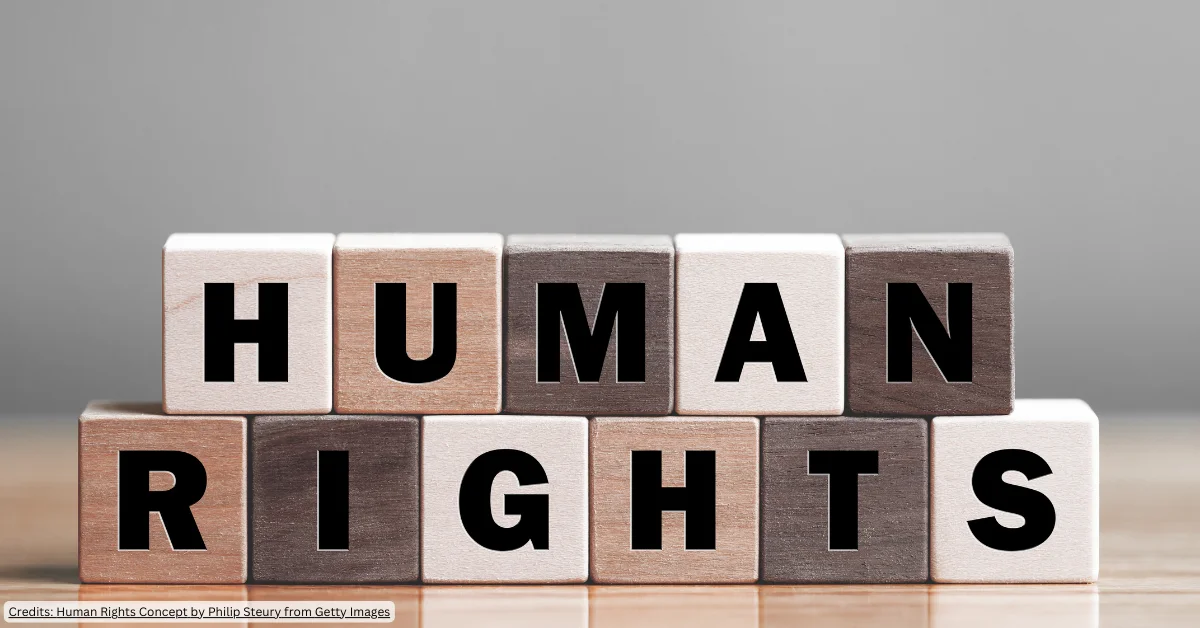Many aid and development organisations currently employ a human rights approach to their governance. However, such an approach can be employed by organisations beyond those involved with aid.
By adopting a human rights-based approach, organisations can improve the way in which they govern, and also improve the outcomes for society.
What is a human rights-based approach?
Systems of governance, whether of a country or of an organisation, should conduct relationships with a human rights-based approach. A model of governance based on human rights laws can alleviate conditions of disempowerment, exclusion and community disharmony.
The approach relies on participation and empowerment, and promotes accountability because it is based on legal obligations and aims to influence government actions. The potential for societal change is created by the legal obligations of governments, rather than through traditional community approaches, such as a needs-based, welfare/charity-focused model of governance.
Who uses a human rights-based approach?
The United Nations Office of the High Commissioner for Human Rights (OHCHR) is one of the main advocates for human rights-based approaches in the world. The OHCHR encourages the use of human rights-based approaches because they address inequality and discriminatory practices, which obstruct social and community development.
In recognition of its effectiveness, a human rights-based approach is not only used by the United Nations, but is also used by intergovernmental organisations, many governments (but not Australia), as well as many non-government (NGO) and not-for-profit organisations in Australia and around the world.
How can Australia better adopt a human rights-based approach?
The Australian Government has committed to work with community organisations and NGOs to develop a national plan on human rights.
NGOs can also apply for the Australian Human Rights Grants Schemes to further promote human rights amongst communities.
How can your organisation use a human rights-based approach?
A human rights policy will provide a governance framework to guide and assess your organisation’s activities.
Developing a policy, training program and toolkit will increase the knowledge of organisations so that they can identify the human rights issues that are relevant to their work and determine what should be done.
By using an organisational toolkit to consider how communities and governments can be engaged to promote the realisation of human rights, organisations will develop better process for how they do their work.
Most importantly, by inserting human rights into the activities of an organisation, more sustainable and positive changes will be made for the communities and individuals that the organisation supports.
- Rachel Purchasehttps://thirdsector.com.au/author/rachel-purchase/
- Rachel Purchasehttps://thirdsector.com.au/author/rachel-purchase/
- Rachel Purchasehttps://thirdsector.com.au/author/rachel-purchase/
- Rachel Purchasehttps://thirdsector.com.au/author/rachel-purchase/











